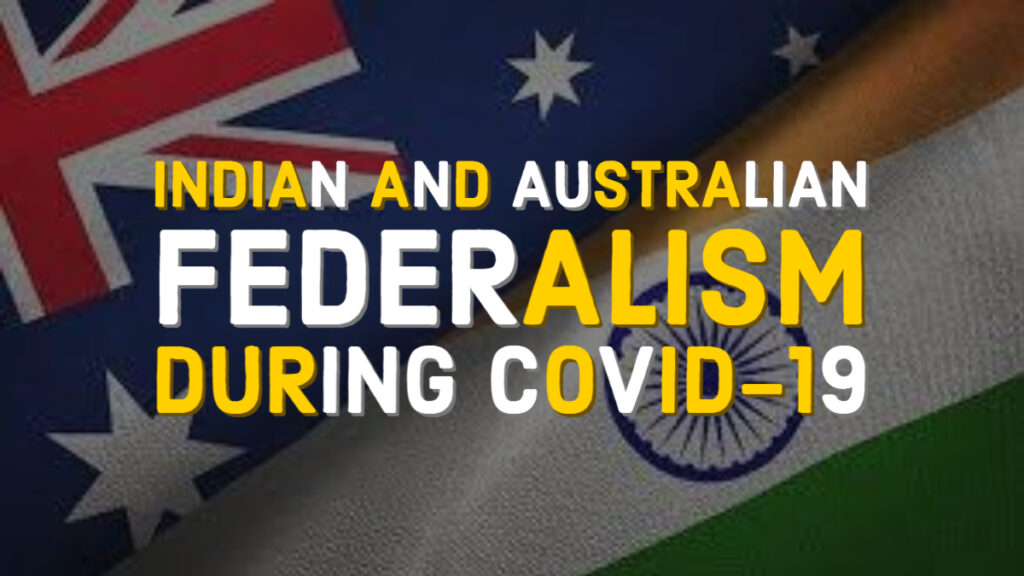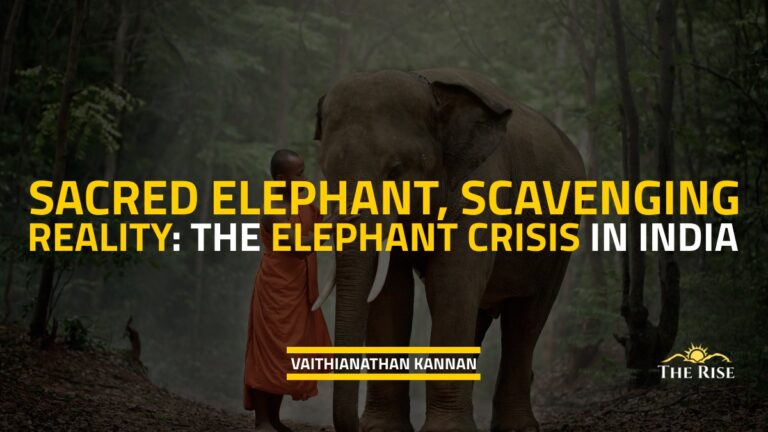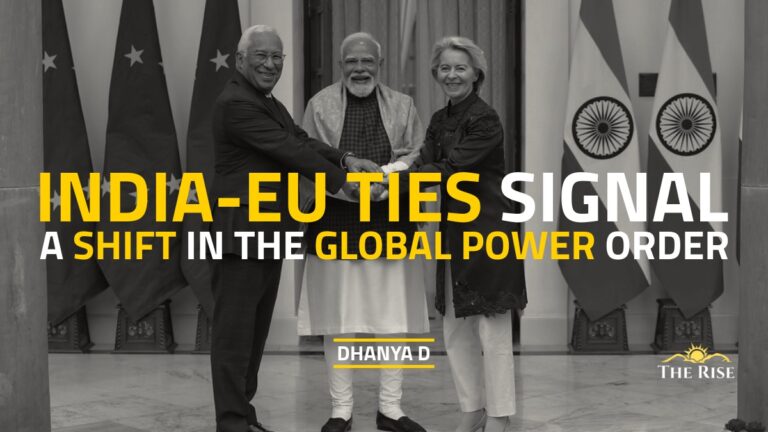One of the warnings that politicians have repeatedly rammed home to their electorates over the past months is that things will not be the same after the COVID-19 pandemic is over. The term ‘new normal’ has come into the language as populations are being prepared for a world that will be different once a vaccine is found and the virus – at least for the moment – is beaten.
However, these sweeping statements are short on detail. For instance, will masks be a permanent feature of life? Or will bars and restaurants continue to enforce social distancing? Will our sporting events be attended by a fortunate few while the rest of us have to view remotely via our television screens?
Pandemic takes its toll on federalism
There are no real answers at present simply because we have no precedents in modern times. The Spanish flu pandemic of 1918-20 has been cited, but its effects have to be seen in relation to those of the ruinous World War I that preceded it.
Even so, pandemics do change things. People did behave differently in the years immediately after Spanish Flu (and World War I) than they had before it. Rule by Divine Right was swept away, and the greater freedoms demanded by populations were slowly and grudgingly granted.
Centuries before, the Black Death is believed to have reduced the world’s population by a third. Over time it resulted in the end of serfdom as competition for scarce labour suddenly became intense and peasants were able to walk away from their former masters in search of a better life.
So, history shows that while pandemics initially bring social disruption and human misery, the longer term effects can actually be beneficial.
What is in store for us this time?
Though it is hard to say something about the future, what can be seen clearly is the pandemic taking its toll on the federal structure of many countries!
There are lessons to be learned from small countries such as New Zealand and Iceland, where Governments were able to crack down on the pandemic right away, impose strict, even harsh measures, and re-emerge quickly and successfully.
Highly centralised governments generally dealt better with the emergency.
Larger countries, especially those with federal systems, managed less well. Indeed, the United States and Brazil were lessons in how not to handle a pandemic with varying and confusing messages from a variety of sources. As a result, their peoples paid (and are still paying) a heavy penalty.
In Australia, the Federal Government, based in Canberra, initially allowed the eight States and Territories to run their own race, but as time wore on and initial successes were rolled back, patience began to wear thin.
With border closures continuing, even between jurisdictions that had little or no active cases of the virus, Prime Minister, Scott Morrison, issued one of his strongest criticisms so far. Saying that he was receiving “heartbreaking” stories from people denied travel for medical and other vital services, Mr Morrison maintained that “Australia is designed to operate as one country and not with hard borders between States”.
He was reacting to comments from the Queensland Premier, Annastacia Palaszczuk that her borders could remain closed until Christmas, and to the Western Australian Premier, Mark McGowan that his State might not open up until well into next year.
There is also significant pressure from business interests to quickly get back to some kind of normalcy. In Victoria, the hardest hit State by COVID-19, it is estimated that as many as nine percent of traders have gone broke and will not reopen.
In India, there was initial cooperation between the Central Government and the states over what was termed as “the world’s largest lockdown”, but as in Australia, the length of the pandemic, with no end in sight, has strained relations between the Union and the states.
An example has been in the capital, Delhi, where a committee overseeing the effects of the pandemic had urged the Local Government to reserve hospital beds only for the city’s residents. “The report said that if people from outside are allowed to use our hospitals, we will reach 100 percent bed capacity in three days,” a Government source said.
India’s Constitution describes a ‘union’ of States, rather than a ‘federation’ which some constitutional experts interpret as meaning a stronger role for the Central Government. However, the rise of activist regional parties, which past Governments often relied on for support in the Lok Sabha, has resulted in a gradual relaxation of Central control.
In Australia, Canberra surrendered, often quite willingly, to demands for decentralization, accepting the argument that those “closer to the people” were better equipped to respond to local needs. It also provided convenient ways of transferring the blame if things went wrong, especially if the Federal Government and the State Government belonged to different political parties.
Finger-pointing and the ‘blame game’ became part of political life.
If there is one good thing that comes out of the COVID-19 pandemic for both countries, it has to be the re-evaluation of what federalism or union means in the 21st century.
India’s constitution dates from independence in 1947. Australia’s is even older, framed in the last years of the 19th century, and coming into force in 1901.
In both cases, they dealt with eras when cities, towns, and villages were remote from each other, when transport was unreliable and exhausting, telecommunications in their infancy and the internet not even a dream.
With communications now instantaneous, not only within nations but across the globe, the old arguments for decentralized state governments are weakened. However, pride and attachments to a local community cannot be completely dismissed.
Indeed, there may be a case for even greater powers to be given to smaller, more local administrations below the state level in cities, towns, or villages, while a stronger central government takes control of unified, health, education and social welfare systems to be applied equally and fairly throughout the nation.
These are debates that have long needed to happen, but which in the past have tended to be placed in the ‘too hard basket’. The pandemic has brought them to the fore and may finally persuade politicians to confront them!
Disclaimer: The views expressed in this article are of the author solely. TheRise.co.in neither endorses nor is responsible for them.
About the author
Graham Cooke is an international public service writer based in Canberra, Australia and specializes in Indian affairs.






